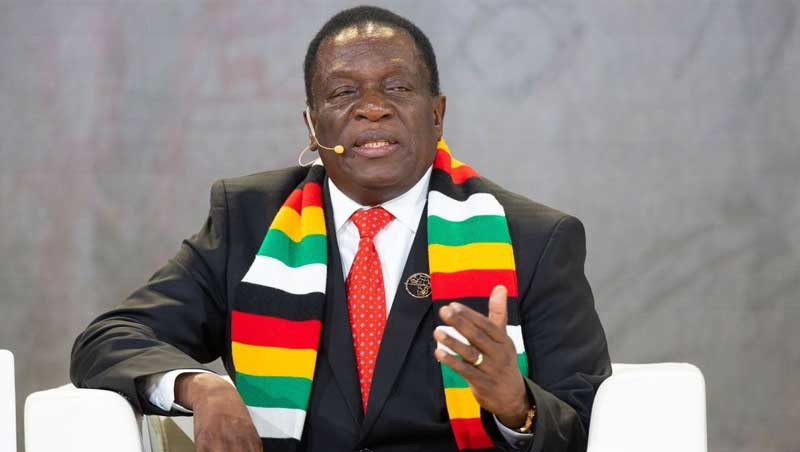
BY SOLOMON KANYUCHI
In October, China and Africa converge in Senegal for the Forum on China-Africa Co-operation meeting that will review the past three years and set the stage for a new phase of co-operation.
For the media sector, the past three years have been a sort of under-achievement because of the lack of the emergence of a bold and assertive media outfit or establishments that authoritatively champion China-Africa issues.
With the new trajectory of Chinese-African co-operation, there should be a strong voice that represents the aspirations of the two sides while narrating China’s role as the leader of the multipolar world.
The Forum on China-Africa Co-operation Beijing Action Plan (2019-2021) set up a number of ambitious targets to occupy the media space.
The two sides sought to establish a China-Africa media co-operation network, with China continuing its China-Africa Press Exchange Centre programme.
China pledged to hold training and capacity-building seminars for African countries’ media officials and journalists promote more exchanges and mutual visits between Chinese and African media personnel and support more exchange of correspondents by media houses.
China pledged to provide technical support and personnel training for the digitisation of radio and TV and the development of the industry in Africa.
- Chamisa under fire over US$120K donation
- Mavhunga puts DeMbare into Chibuku quarterfinals
- Pension funds bet on Cabora Bassa oilfields
- Councils defy govt fire tender directive
Keep Reading
The African side welcomes the investment and co-operation of Chinese enterprises in the building and operation of radio and TV transmission and broadcasting networks and the marketing of programmes, and their contribution to local employment and human resources capacity-building.
According to the Beijing Action Plan, African broadcasters and the Chinese broadcaster would exchange films and TV programmes.
The two sides were billed to explore models for long-term co-operation, continue to participate in film and TV festivals and exhibitions held by the other side, and encourage joint production of documentaries, films and TV programmes.
China would support African countries’ production of TV programmes, enhance exchanges with Africa and introduce more African films and TV programmes in China.
Unfortunately, no movement of a new establishment has registered on the radar, and China-Africa issues continue to be subordinated or understated in mainstream media.
What will it take?
Africa and China have not seen the emergence of a strong media outfit to tell the story of friendship between China and Africa. While the broadcaster, Chinese Global Television Network, has increased in strength and authority — with various bureaux and coverage of issues across the continent — it is still a long way to go.
Many African countries still rely on Western channels such as CNN and BBC.
On the other hand, the print sector is equally slow to move, with the Chinese news agency Xinhua, still playing second best to Western agencies such as Reuters and AFP.
It will probably take years to break the stranglehold.
What will it take for a media that is orientated towards China and Africa to emerge?
Building large media to take the place of CNN and BBC is probably not going to work.
However, China could do well to assist in the establishment of small, local and hyper-local media outfits that tell the story of China and Africa in communities and at national level.
These will be more relevant and build synergies to grow an expansive network of voices.
It is also critical for China to help individual bloggers and writers so that they gain prominence and authority.
Training, exchange and media centres
China has undertaken significant media co-operation with State media entities that include training and exchange between State media employees.
However, it will also be useful for China to broaden its network to include freelance journalists, students and citizen journalists.
The establishment of media centres that act as newsrooms and cultural centres will be critical so that journalists and other media workers have an environment where they enjoy free internet and media resources.
These media centres also act as a hub for Chinese political, business and cultural authorities to exchange view and ideas with local journalists.
Needless to point out, in Zimbabwe, for example, there are Western-sponsored centres which promote certain worldviews and ideological leaning.
The establishment of the media centres could be seen or perceived as think-tanks were journalists produce content reflecting current debates and questions on China-Africa relations.











